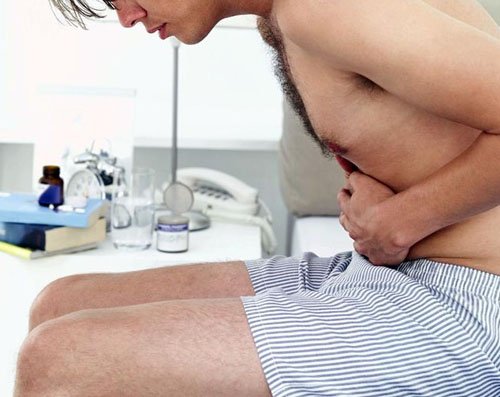
A hernia occurs when an organ or part of it leaves the cavity that contains it and passes through a hole or weak area in one of the layers of the abdominal wall that surrounds the muscle, called the fascia. In the case of inguinal hernias, they are bumps in the groin. This type is more common in men and can develop to lower the scrotum. Sometimes it becomes very painful so inguinal hernia treatment in Delhi is urgently required.
About 75 percent of all hernias occur in the inguinal region.
Causes
Normally, the factors that lead to the development of inguinal hernias are defects of congenital origin or acquired defects.
In the first case, they are caused by a lack of closure of the canal through which it descends from the abdominal cavity to the scrotum (or the round ligament in the female sex), which makes it possible a hernia of the bowel handles.
On the other hand, the realization of efforts when defecating, coughing, lifting heavy objects, etc., can lead to trauma or weakening of the inguinal wall and, therefore, to the formation of hernias.
Symptom
In general terms, the patient suffering from an inguinal hernia has a lump or swelling in this region, although symptoms usually do not occur.
In some cases, mild pain or discomfort is also associated, which is accentuated by efforts. When the enlargement of the hernia occurs, it can get stuck inside the hole and lose blood flow. At this time, it is common for the patient to have a picture of nausea and vomiting and not be able to eliminate gas or have bowel movements. If this happens, immediate hernia surgery in Delhi is required.
Prevention
To prevent the occurrence of hernias, both inguinal and of any kind, it is recommended that the patient use appropriate techniques to lift the weight, avoid or relieve constipation by eating fiber-rich foods and drinking plenty of fluids.
Types
There are two types of inguinal hernias:
Direct inguinal hernia: This type is the one that occurs in the final area of the muscle, next to the opening of the inguinal canal. They usually occur in men over 40 and usually occur due to aging or injury.
Indirect inguinal hernia: It is the most common type in men and occurs when an intestinal loop presses against the inguinal canal. This area may have a congenital defect, which implies a risk factor for hernias to appear over time. Both men and women can suffer from it.
Diagnosis
When diagnosing an inguinal hernia, the laparoscopic surgeon in Delhi can see or feel it through physical examination. You can also request that the patient cough, bend over or lift something. It may not be easily identifiable in babies or children.
In the event that it is not visible, an ultrasound will be requested to determine the diagnosis and location of the hernia, if any. If there is an obstruction of the intestine, an X-ray of the abdomen will probably be performed.
Inguinal Hernia Treatment in Delhi
The surgery is the only hernia treatment in Delhi that will provide the patient with a permanent repair, but maybe a risk factor in people with serious health problems. This treatment repairs weakened tissue and close any holes, a procedure that can sometimes be done with patches of synthetic tissues (meshes).
Other data
The people who are considered more likely to develop a hernia are those who have a family history where they have occurred, with cystic fibrosis or cryptorchidism and, in addition, those who suffer from overweight or enlarged prostate. Hernias may occur at birth, but the bump may not be noticeable until a few years have passed, especially in the case of inguinal hernias, which is more common in children. Even so, they usually do not show symptoms until they are adults.
